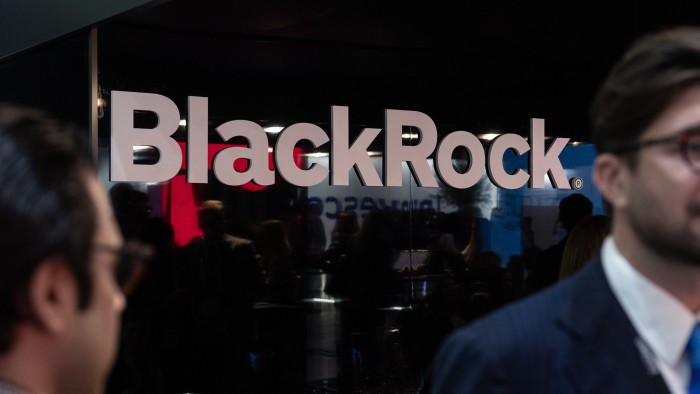Unlock the Editor’s Digest for free
Roula Khalaf, Editor of the FT, selects her favourite stories in this weekly newsletter.
Institutional investors should put more money into hedge funds to potentially generate higher returns amid warnings of ongoing global economic uncertainty, inflation volatility and geopolitical instability, strategists at BlackRock have said.
The BlackRock Investment Institute said on Thursday: “We believe investors can hold up to 5 percentage points more in hedge funds today than they did before 2020.” This is the biggest allocation increase to the sector ever recommended by the institute, which is part of the world’s largest asset manager.
There are tentative signs that the hedge fund industry has been emerging from a period of lacklustre performance, with many institutional investors having preferred to allocate funds to private equity and private credit.
But the BlackRock strategists said they saw “hedge funds emerging as a key tool in portfolio construction as a result”, which “justifies boosting allocations to hedge fund strategies in portfolios”.
“One way to fund the increase to hedge funds would be by trimming developed market government bonds and equities . . . with no change to the private market allocation,” they added.
Top-performing hedge funds delivered greater market-beating returns since the coronavirus pandemic compared with the period after the global financial crisis in 2008, the strategists said.
Macro hedge funds in particular, which aim to profit from large market swings caused by instability, had substantially boosted excess returns, they added.
The Macro Discretionary Thematic index from data provider HFR was up 7.51 per cent to the end of July, as macro hedge fund managers made bets on the direction of global markets amid a tariff war initiated by US President Donald Trump.
London-based Rokos Capital Management, one of the world’s best-known macro hedge funds, was up 13.7 per cent to the end of July, according to a person familiar with the matter. RCM declined to comment.
However, Brevan Howard, one of RCM’s key macro hedge fund rivals, has had a mixed year so far. While its master fund is down almost 1 per cent to August 15, its Alpha Strategies fund is up 6 per cent, according to a person familiar with the matter. Brevan Howard declined to comment.
The “loss of long-term macro anchors”, such as stable growth, contained inflation and fiscal discipline, had given rise to greater market volatility and more opportunities for talented stockpickers, including macro hedge funds, the institute said.
The average allocation to hedge funds ranges across all institutional investors, from 4 per cent for European pension funds to 17 per cent for US wealth managers, according to data provider Preqin, which is owned by BlackRock.
Vivek Paul, global head of portfolio research at the BlackRock Investment Institute, said “this is an environment in general where active management could do better. We believe, if you’re building longer-term portfolios today, you’d have a greater role for active strategies and hedge funds.”
He said that increasing exposure by up to 5 percentage points was a “not insignificant amount”, noting that “macro and market neutral hedge funds should both work in this environment”.


